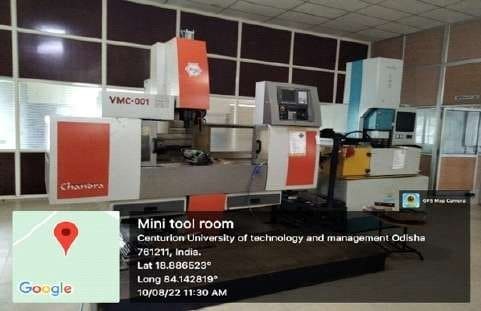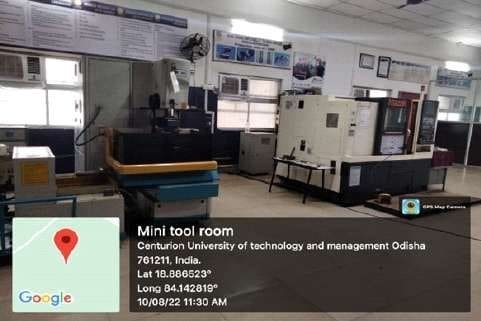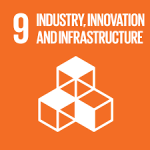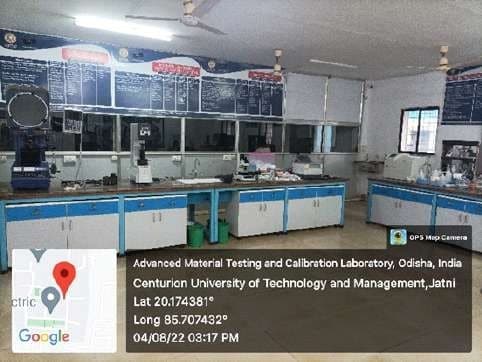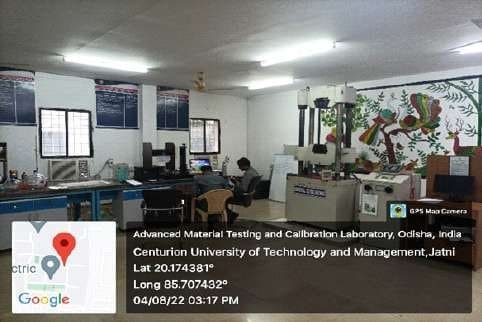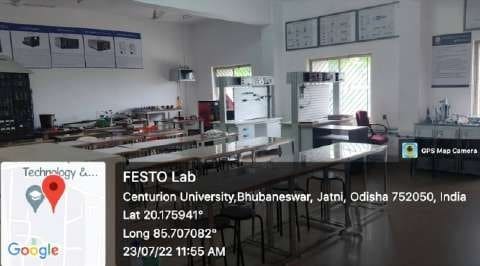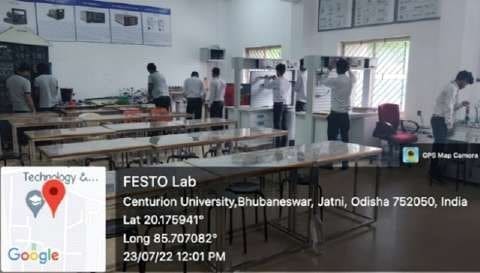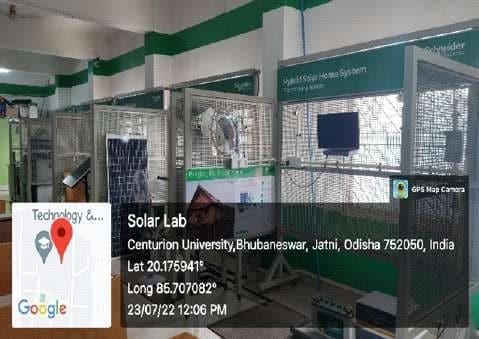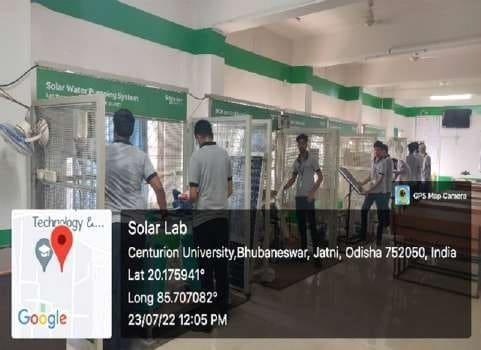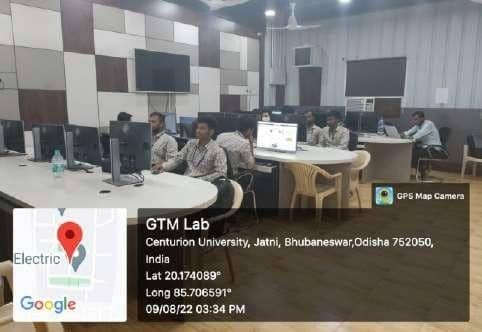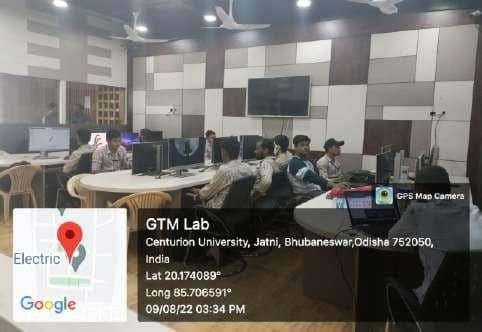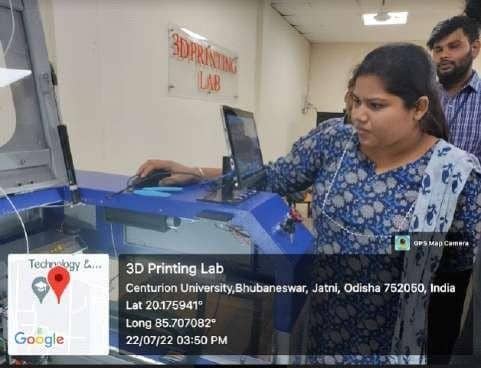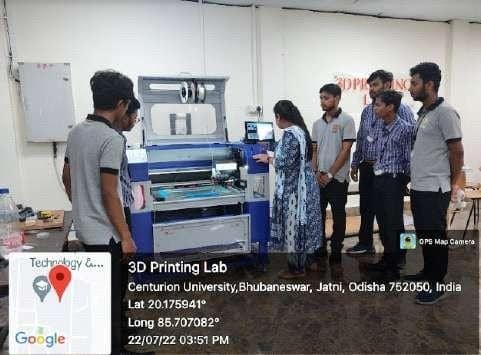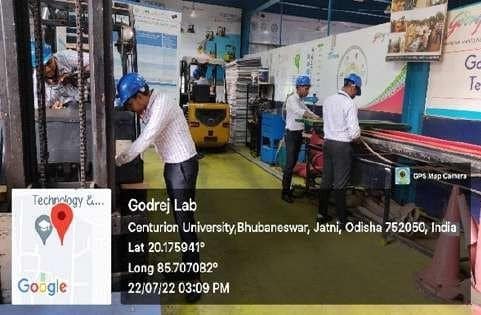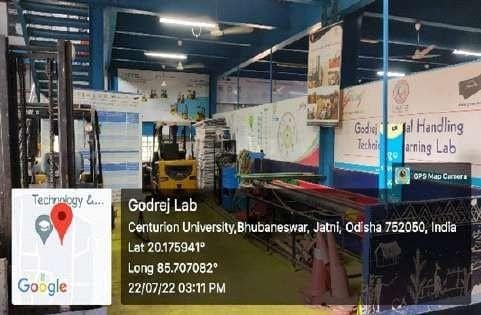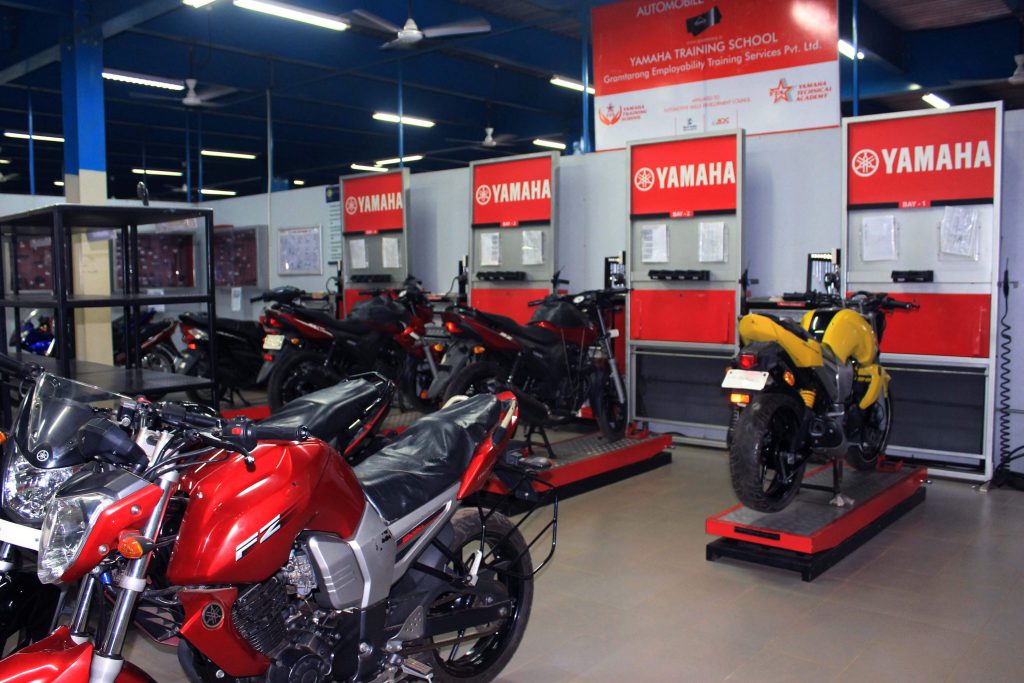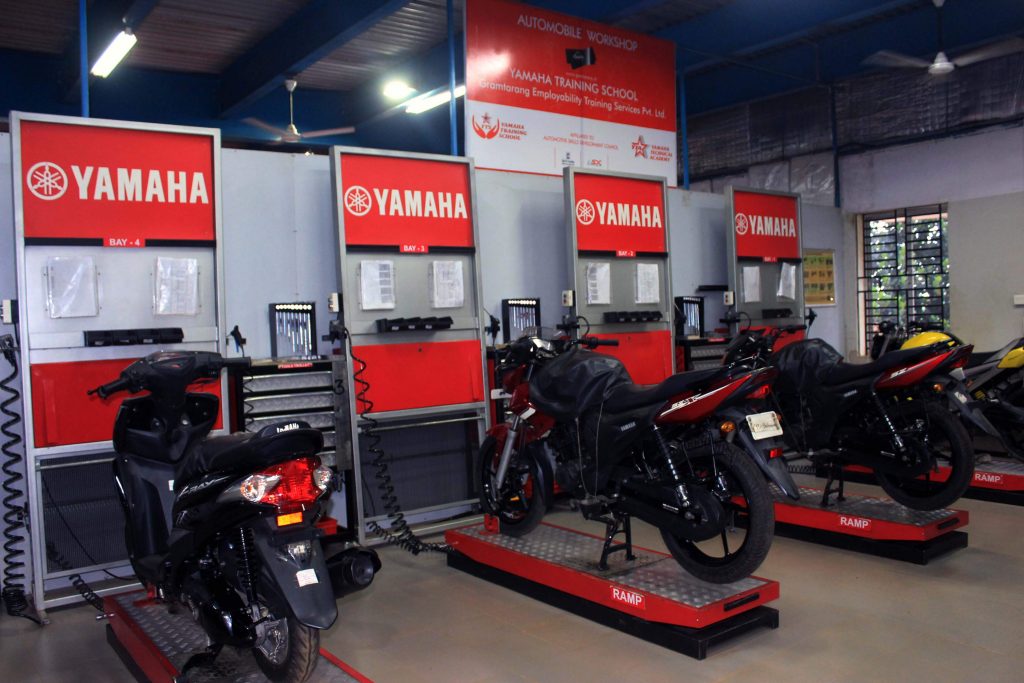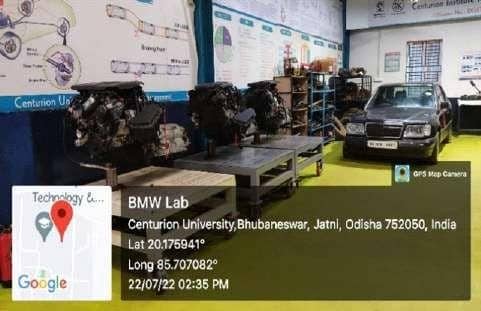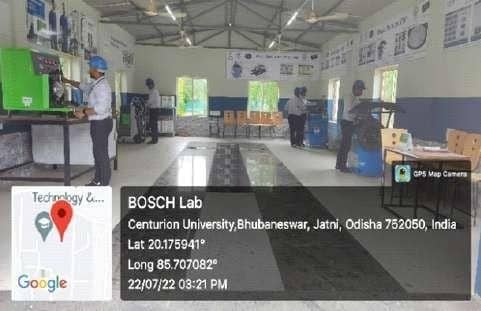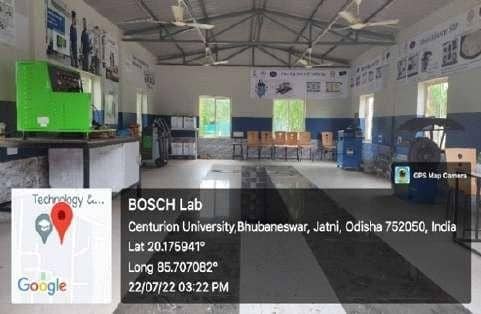Scanning Electron Microscopy and Coordinate Measuring Machine: JEOL and Accurate Gauging
The University has set up state-of-the-art Mini Tool Room Facility which is equipped with high- end CNC machines, precision metrological instruments, Scanning Electron Microscope (SEM) and Coordinate Measuring Machine (CMM). The tool room serves as an action learning laboratory
Aim of the action learning laboratory
To enable students to get both basic and in-depth understanding of Advanced inspection of jobs using CMM and characterization of materials and machining using SEM
Objectives
To provide hands on knowledge, experiential learning and practice linked pedagogy on the following:
- Operation of Scanning electron microscope
- Preparation of sample for SEM microscopy and Preparation of etchant for different metals.
- Characterization of morphology of the materials
- Carrying out sputtering of non-conductive materials.
- Operation of Coordinate measuring machine.
- Inspection of jobs using CMM
- Trouble shooting of CMM
Outcomes
- Conversant in using scanning electron microscope
- Ability to interpret different material morphology using SEM imaging
- Able to find the micro defects in machining
- Able to inspect different jobs using CMM
- Learn about reverse engineering a product using CMM
- Usage of precision metrological instruments
Caters to
BTech, MTech, Skills for Success (SFS) and Domain Courses (All UG course including BSc), Diploma, CTS-ITI (DGT/NCVET), CITS-ITOT
(DGT/NCVET) and World Skills participants. The lab serves as state-of-the-art facility for research scholars: PhD and Research fellows.
The students will be able to operate SEM and CMM and its allied procedures.
Market Linkages
The cardinal goal of the laboratory is endowing the students with required skill sets in research and material characterization. At the outset, the students will be able to choose path as research consultants of material testing and characterization in their job profile.
